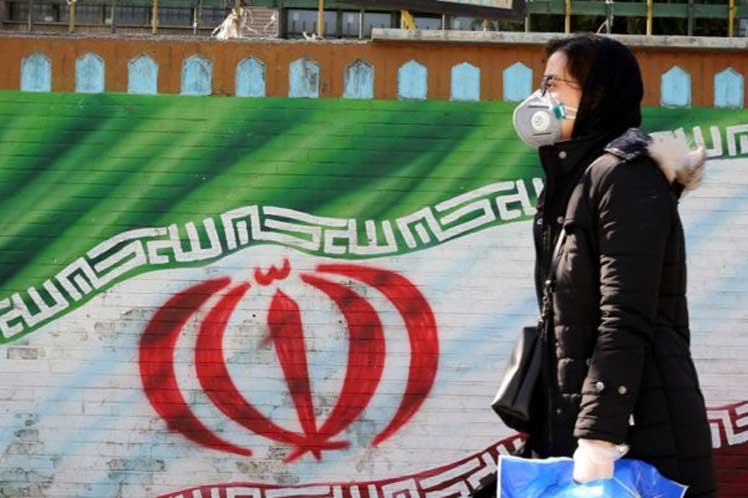
He Wenping, Senior Research Fellow, Charhar Institute and West Asia and Africa Studies Institute of the China Academy of Social Sciences
Mar 11, 2020
Iran fears accepting any American offer of help with the coronavirus epidemic because it believes its archenemy would not be sincere, but rather use any aid as leverage to undermine the regime. That fear is not unfounded.
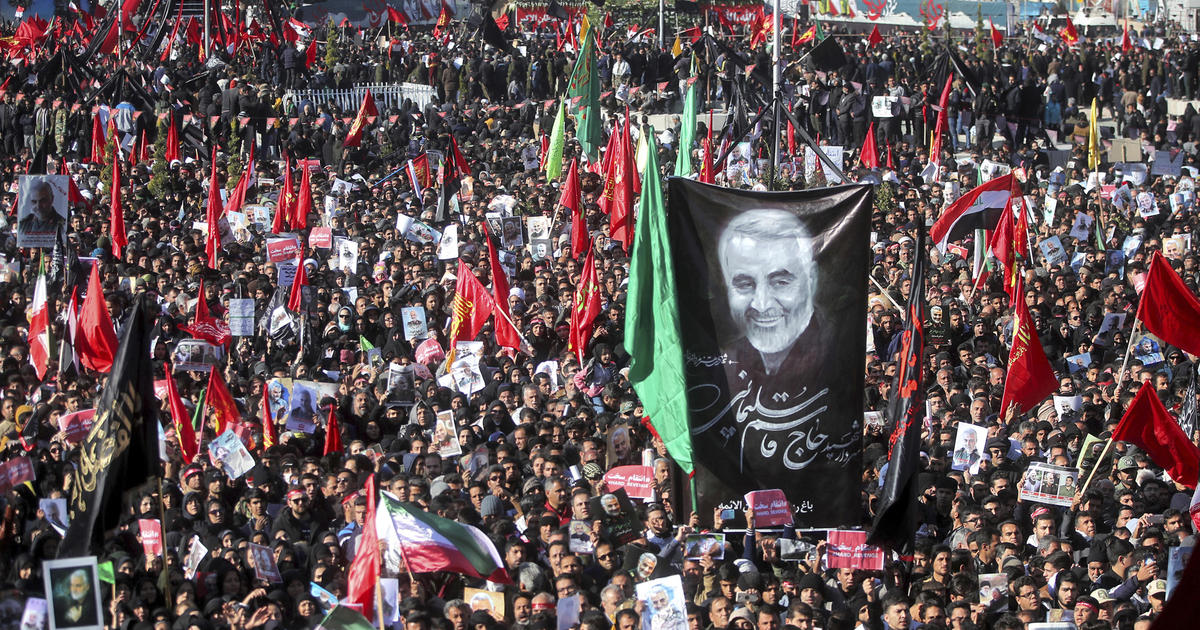
Zhou Bo, Senior Fellow, Center for International Security and Strategy, Tsinghua University
Feb 03, 2020
Scholars speak of the old Chinese idea of wangdao — an enlightened and benevolent power. But this does not require China to become a new hegemon that someday replaces the United States. China can help the world by earning the trust of others.
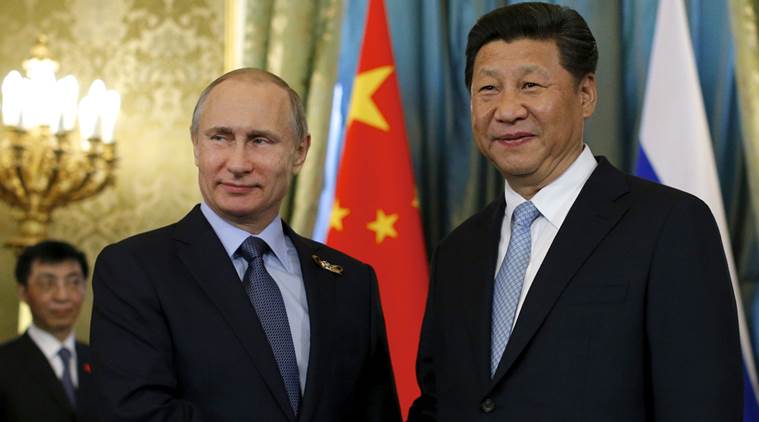
Patrick Mendis, Visiting Professor of Global Affairs, National Chengchi University
Feb 02, 2020
President Donald Trump’s authorization of a drone strike that assassinated Iranian General Qassem Suleimani is the icing on the cake for his record of erratic and unpredictable foreign policy. More importantly, it has opened the door for China and Russia to gain military, economic, and diplomatic influence in the Middle East.
Lucio Blanco Pitlo III, President of Philippine Association for Chinese Studies, and Research Fellow at Asia-Pacific Pathways to Progress Foundation
Feb 02, 2020
The death of Qassim Suleimani highlights the growing divide between the US and the Middle East at large, a divide which may create an opportunity for China to strengthen regional ties.
Ben Reynolds, Writer and Foreign Policy Analyst in New York
Feb 02, 2020
In the wake of rising U.S.-Iranian tension, there seems to be no clear path forward – and no clear winner. China stands to pluck the fruit of possible conflict in the region.
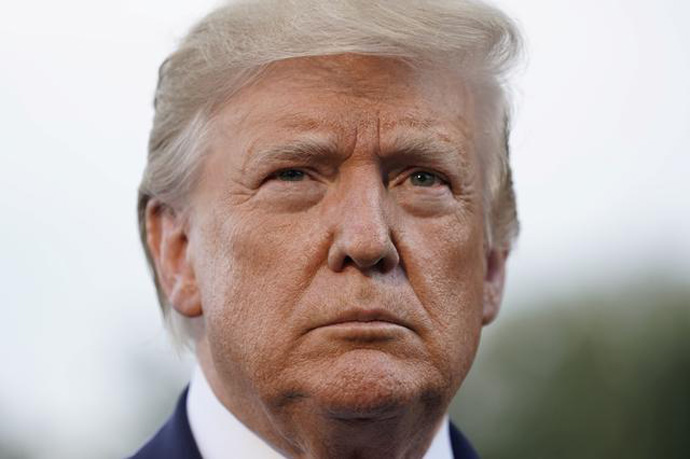
Elizabeth Drew, Washington-based Journalist
Jan 21, 2020
The recent tense, dangerous exchanges between the United States and Iran have revealed a great deal about US President Donald Trump’s management of his foreign policy. The main conclusion is that he doesn’t have one.
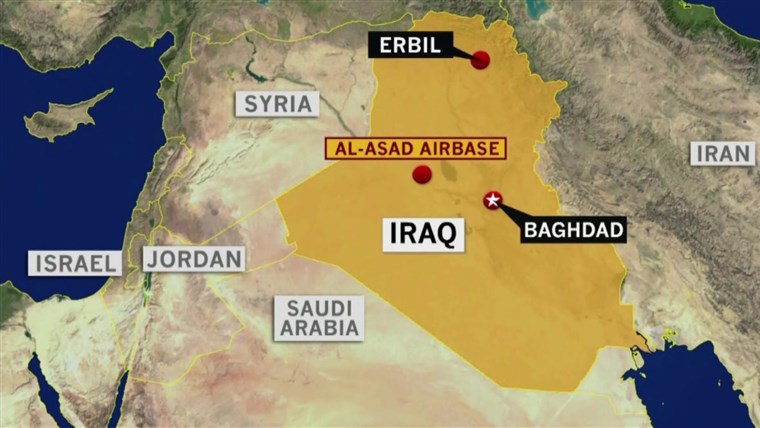
Jin Liangxiang, Senior Research Fellow, Shanghai Institute of Int'l Studies
Jan 17, 2020
Hatred runs deep between the two countries. Thus, even if tensions recede, hostility is likely to remain, or even increase. In the end, it will benefit no one.
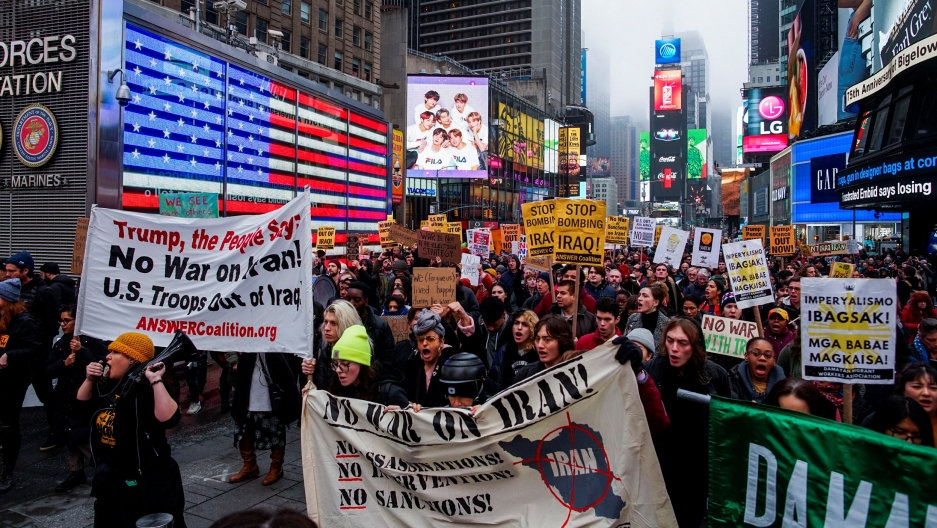
Minxin Pei, Tom and Margot Pritzker ’72 Professor of Government , Claremont McKenna College
Jan 09, 2020
US President Donald Trump’s decision to order the assassination of Qassem Suleimani, Iran’s most powerful military commander, has raised the specter, albeit still distant, of all-out war between the United States and the Islamic Republic. There is only one winner in this situation: China.

Wang Jin, Associate Research Professor, Institute of American Studies, CICIR
Jan 09, 2020
The killing is a game-changer that will divert America’s attention from other priorities and force Trump to send more troops and weapons to the Middle East rather than withdrawing.

Tian Shichen, Founder & President, Global Governance Institution
Hong Xiaowen, Assistant Researcher, Grandview Institution
Jan 09, 2020
Protected by the vast Atlantic and Pacific oceans, the American homeland is a difficult target for direct retaliation. Iran and its proxies have easier marks around the world.
Back to Top

- China-US Focus builds trust and understanding between the U.S. and China through open dialogue among thought leaders.
- Our Offerings
- Topics
- Videos
- Podcasts
- Columnists
- Research Reports
- Focus Digest
- Stay Connected
-
Thanks for signing up!
- Get the latest stories from China-US Focus weekly.